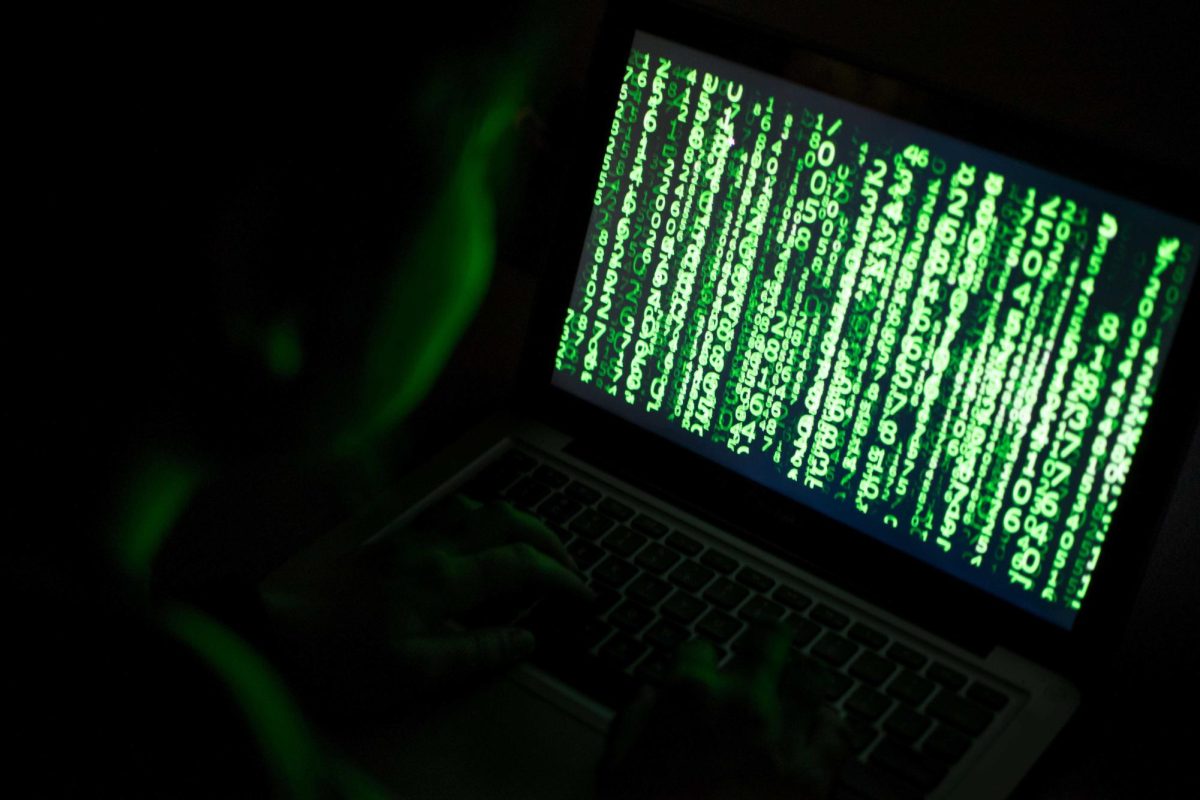The U.S. Department of Energy has commissioned NYU to establish a research center that will help combat cyber threats to sustainable infrastructure, adding it to the network of now seven universities nationwide that received federal funding to study the matter.
Research at the center will focus on developing a system that detects cybersecurity risks in the city’s power grids used for electric vehicle charging, utility management and energy distribution. NYU will collaborate with national laboratories, owners, operators and vendors in the energy sector as part of the initiative — titled Innovations in Securing the Powergrid by Research and Education — will head collaborations.
The six other universities, including the University of Connecticut and the Illinois Institute of Technology, were announced late March and shared a $15 million grant from the DOE. Each school was assigned a different research topic related to the protection of clean energy infrastructure, although several focus on power grids in rural areas with wind and solar farms.
The research centers, selected by the DOE’s Office of Cybersecurity, Energy Security and Emergency Response, extend efforts from the Biden-Harris administration to mitigate cyber threats to sustainable infrastructures. In a press release announcing the center, U.S. senators Chuck Schumer and Kirsten Gillibrand reiterated appraisal for its role in supporting national initiatives for global security and sustainable infrastructure.
“This will position NYU to conduct cutting-edge cybersecurity research and train the energy workforce in cybersecurity skills,” Schumer said. “I’m proud to support NYU’s forthcoming cybersecurity center to combat increasing cyber threats and to build a more secure and resilient energy sector.”
Yesterday, the DOE announced an additional eight projects CESER would allocate $23 million toward eight more projects that aim to find complications in energy resource and distribution technology. The focus on this field comes amid an ongoing concern that because modernized grids are more complex, they are also more susceptible to attacks that would put public health and safety at risk.
Earlier this year, NYU’s Tandon School of Engineering received $3.34 million from the DOE to develop a program that aims to identify software and hardware vulnerabilities in technology that controls power grids, utilities and other renewable energy infrastructure. Tandon’s project, which uses virtual realities to simulate potential cybersecurity threats, was one of 16 selected by CESER.
NYU has increased efforts to meet its goals to halve its building emissions by 2025 and become carbon-neutral by 2040. President Linda Mills recently hosted a climate policy panel, where she announced that the university would be working toward decreasing its food-related carbon emissions in 2025 as part of a new citywide law. Local Law 97, announced Sept. 9, will be implemented with funding from the DOE as a partnership between the city and NYU’s Marron Institute of Urban Management.
The university launched its main center for cybersecurity at Tandon in 2009. Since then, research and career opportunities in the field have expanded exponentially on a global scale, with revenue expected to grow 7.4% each year. Unlike its Tandon center, NYU’s new cybersecurity initiative focuses specifically on its application to developments in sustainable energy.
Contact Dharma Niles at [email protected].
























































































































































